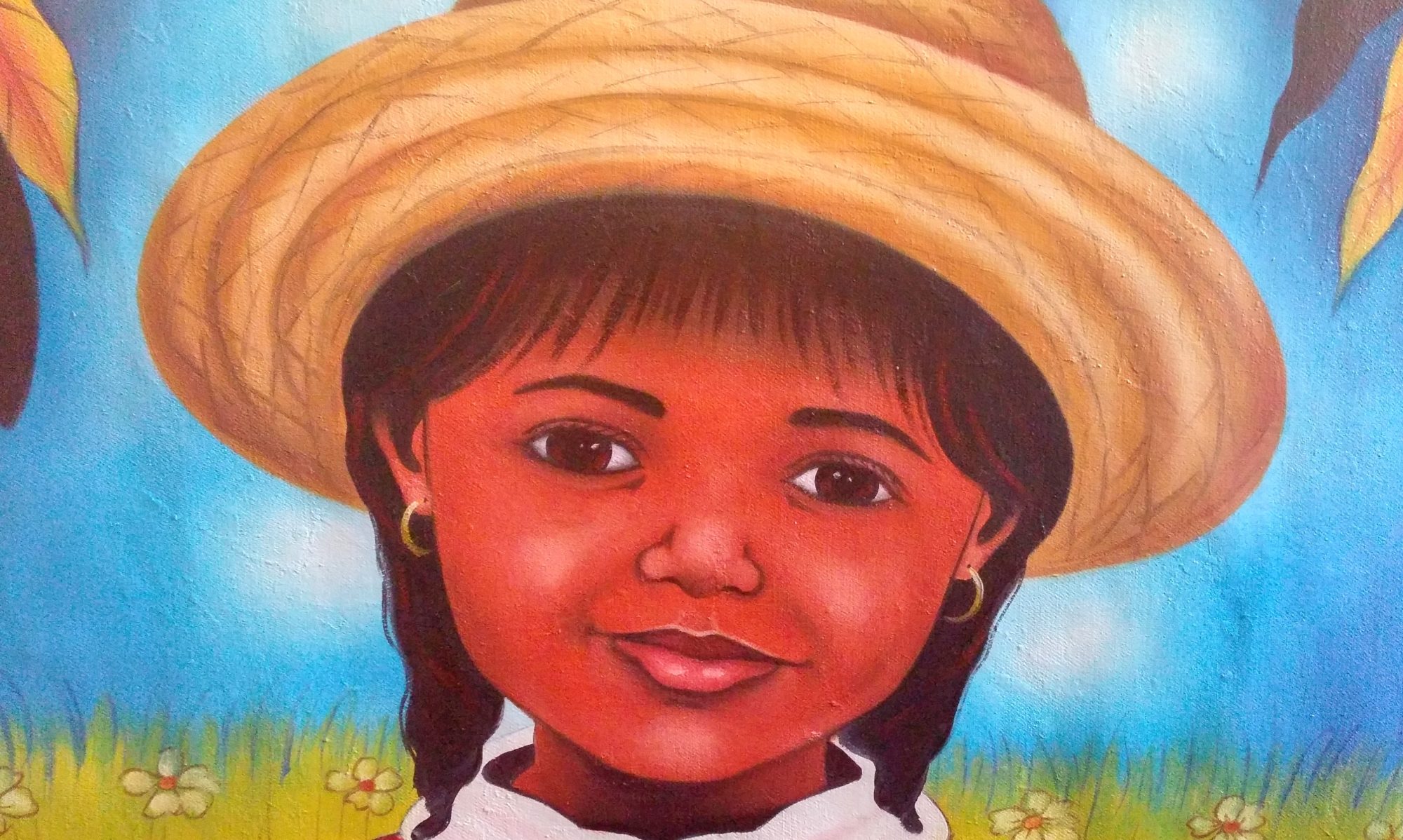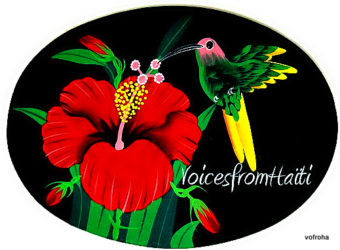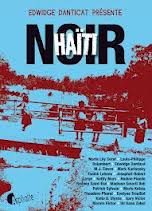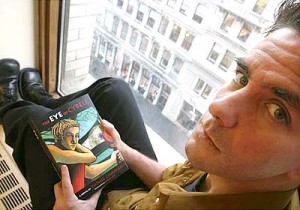 Akashic Books’ Haiti Noir is now in French. The collection offers short fiction by Yanick Lahens, M. J. Fievre, Madison Smartt Bell, Edwidge Danticat, Ibi Aanu Zoboi, Josaphat-Robert Large, Katia D. Ulysse, Marie Ketsia Pharel, and others. Now that Haiti Noir has received a second life, I wanted to ask Akashic Books’ publisher, Johnny Temple, a few questions. Here’s how our Q&A went:
Akashic Books’ Haiti Noir is now in French. The collection offers short fiction by Yanick Lahens, M. J. Fievre, Madison Smartt Bell, Edwidge Danticat, Ibi Aanu Zoboi, Josaphat-Robert Large, Katia D. Ulysse, Marie Ketsia Pharel, and others. Now that Haiti Noir has received a second life, I wanted to ask Akashic Books’ publisher, Johnny Temple, a few questions. Here’s how our Q&A went:Who is Johnny Temple?
Johnny Temple is a strange guy with a gorgeous wife and two beautiful children. For all of his perplexing idiosyncrasies, he has impeccable taste in literature.
According to Akashic Book’s website, you are “dedicated to publishing urban literary fiction and political nonfiction by authors who are either ignored by the mainstream, or who have no interest in working within the ever-consolidating ranks of the major corporate publishers.” What are the stories you would never read?
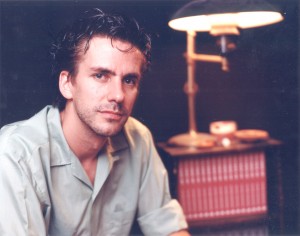 There are no stories I wouldn’t read. If there is a story that sounds aesthetically distasteful or politically wrong-headed to me, I may still want to take a look at it up close so that I can judge for myself.
There are no stories I wouldn’t read. If there is a story that sounds aesthetically distasteful or politically wrong-headed to me, I may still want to take a look at it up close so that I can judge for myself.
What gave you the idea for the Noir Series?
The series grew out of the success of Brooklyn Noir, which was never intended to be the first in a series that now comprises over 60 volumes (and growing). The idea is to take a city—or sometimes a region or nation—and sketch out its hidden corners through darkly themed short fiction by a diverse array of authors. If the depiction of the place rings true for local residents, it stands a good chance of appealing to a national or international audience as well.
What made you include Haiti in the series?
One of Akashic Books’ missions is to publish top-caliber Caribbean literature, so when the Noir Series started expanding, it was only a matter of time before the arrival of Havana Noir (edited by Achy Obejas), Trinidad Noir (edited by Lisa Allen-Agostini and Jeanne Mason), Haiti Noir (edited by Edwidge Danticat), and most recently Kingston Noir (edited by Colin Channer).
What preconceived ideas did you have about the types of stories you would receive from Haitian writers?
 The book was already in progress when the earthquake struck in January 2010, so the direction that the stories would take was unclear. I knew from the start that the stories would be very strong — because of Haiti’s wonderful literary tradition, and because of the level of excellence I knew Edwidge Danticat would bring to the project as the editor. Even so, the stylistic and thematic breadth of the full volume is pretty staggering.
The book was already in progress when the earthquake struck in January 2010, so the direction that the stories would take was unclear. I knew from the start that the stories would be very strong — because of Haiti’s wonderful literary tradition, and because of the level of excellence I knew Edwidge Danticat would bring to the project as the editor. Even so, the stylistic and thematic breadth of the full volume is pretty staggering.
Were you pleased with the compilation?
Beyond pleased. A percentage of the proceeds from the book have been donated to an important organization called the Lambi Fund of Haiti that supports sustainable development, so that has been a particularly heartening aspect of the book’s ongoing success.
When will we see Haiti Noir in Kreyòl?
We would love to do a Kreyòl version of the book. We don’t have any specific plans yet, but it’s something we are very open to!
Thank you, Johnny Temple, for answering a few questions. We look forward to the next Noir Book. And a Haiti Noir in Kreyòl!
